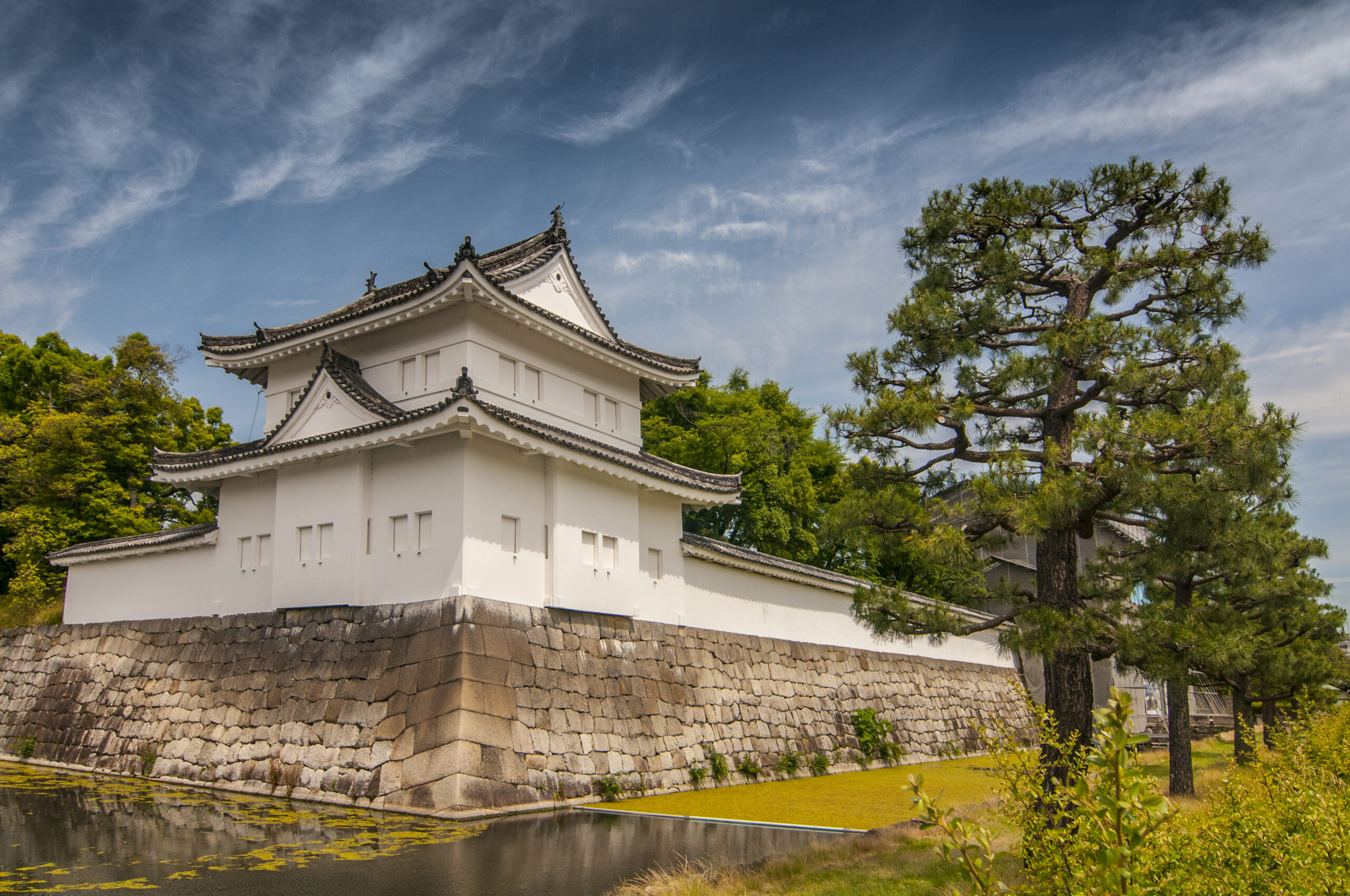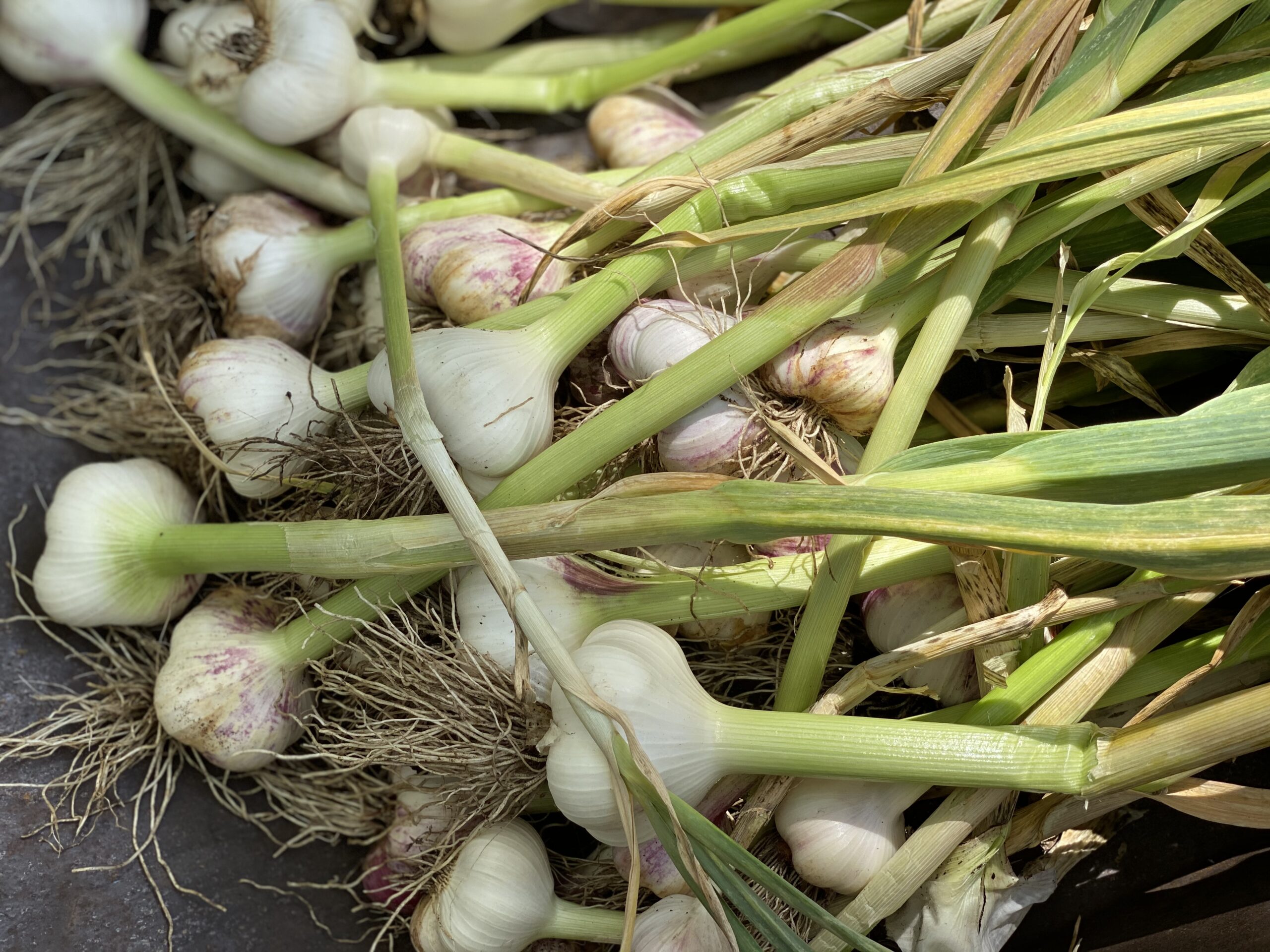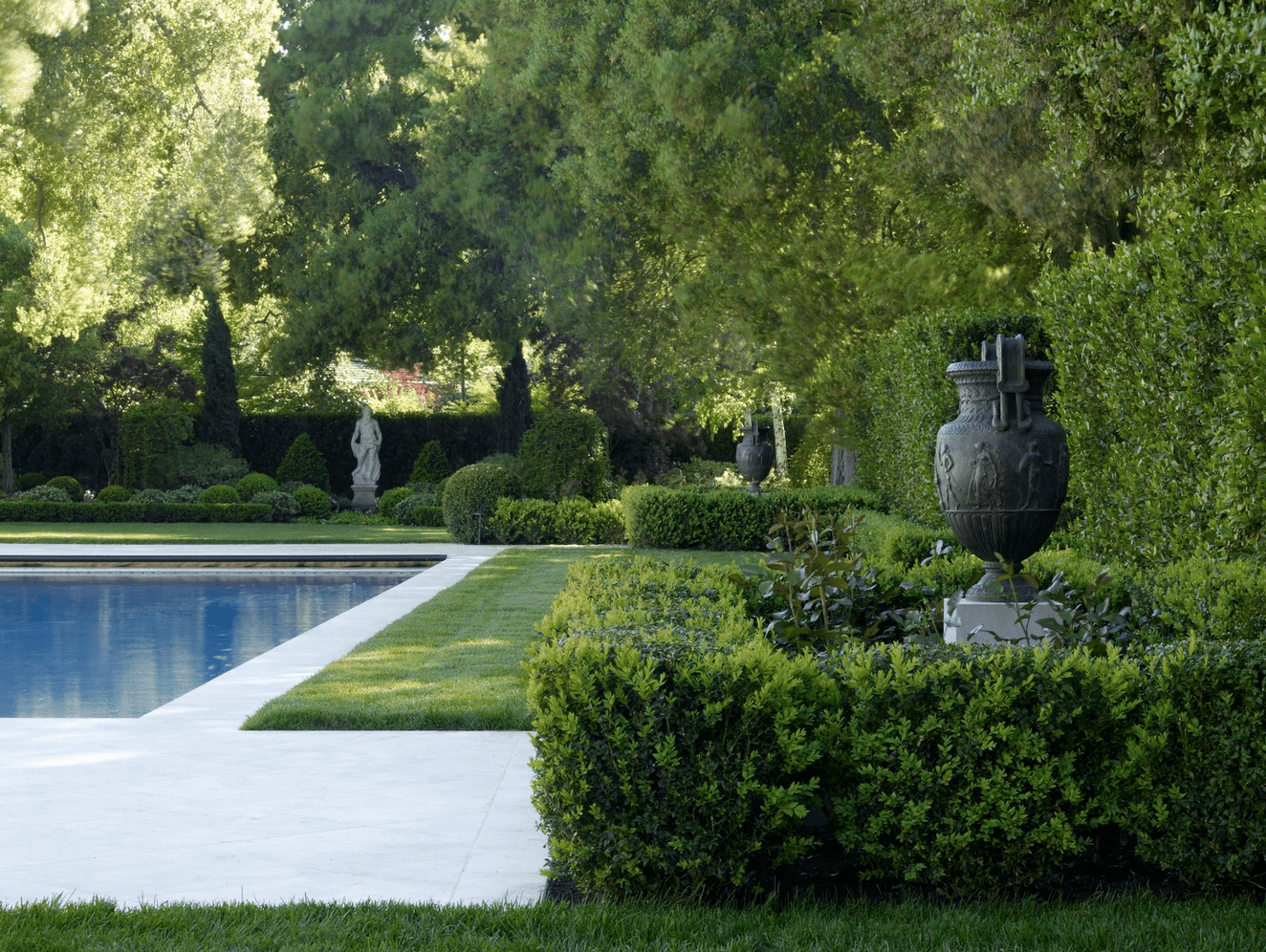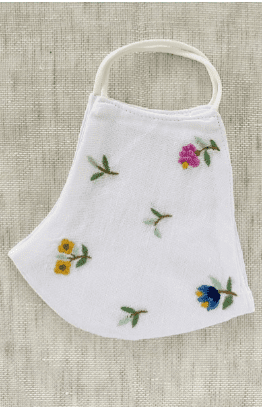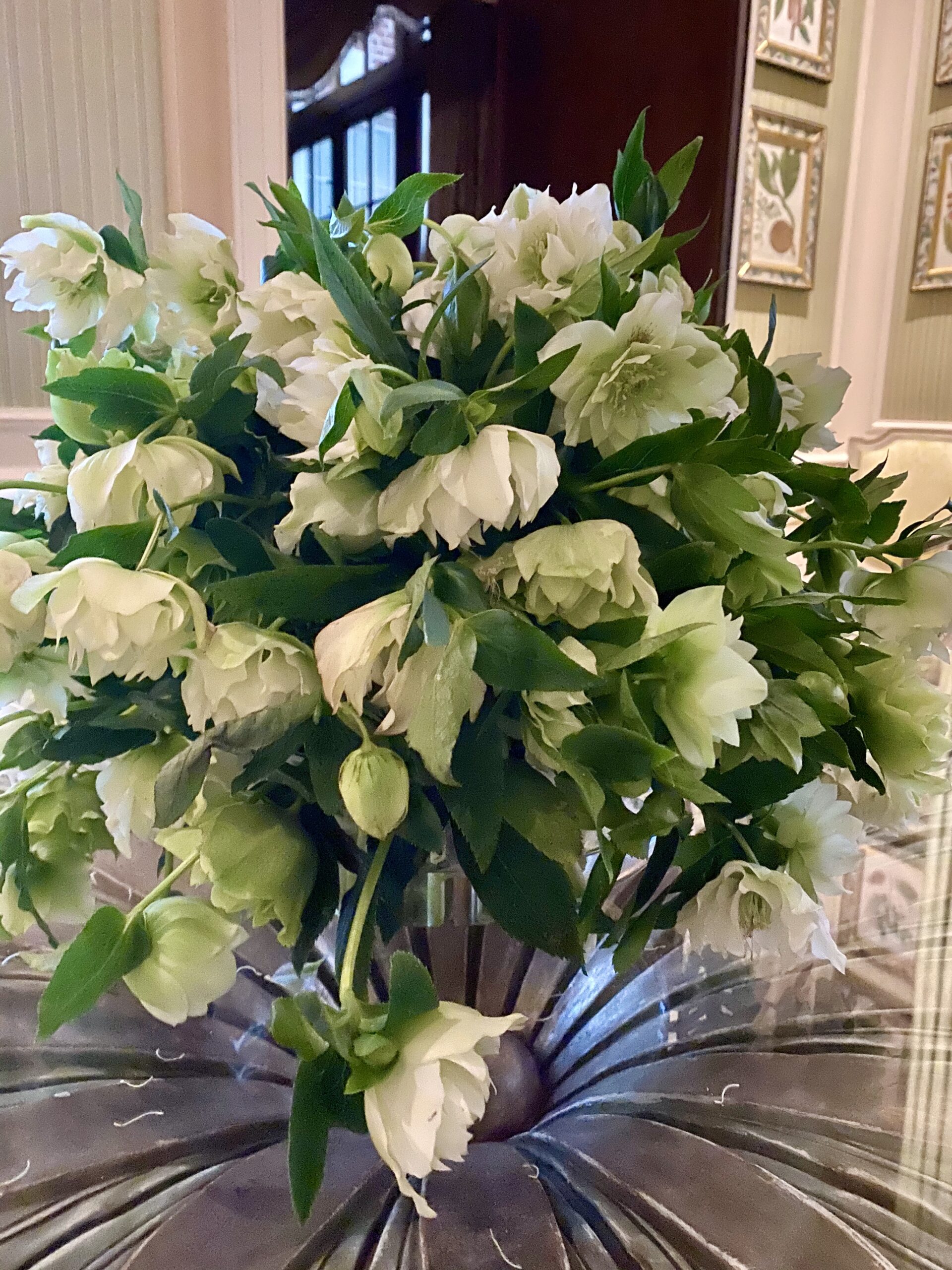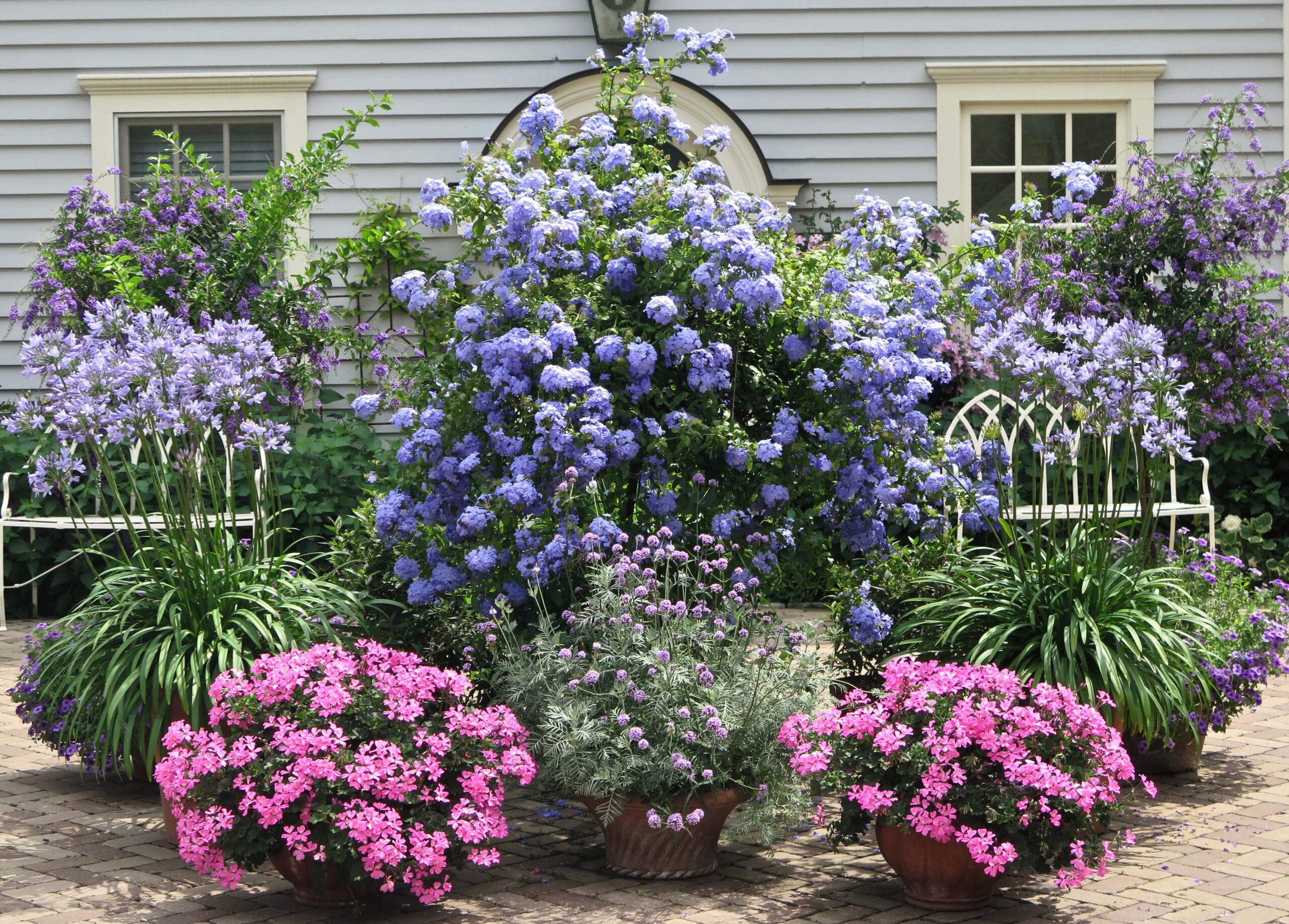WOW – want to be inspired to save our planet? Attend a presentation by Joel Santore, an incredible photographer, speaker, author, teacher, conservationist, National Geographic Fellow, and a regular contributor to National Geographic Magazine.


Joel specializes in documenting endangered species and landscapes in an effort to educate and inspire us to take action to save our planet. He is the founder of an ambitious project called The Photo Ark, a multi-year documentary project to save species and habitat.


Alex and I attended a presentation by Joel this weekend at the National Geographic Museum in Washington DC. His collection of amazing photographs and stories made me want to DO SOMETHING. We are losing 10,000 species a day, which is inconceivable and tragic.


Joel ended his presentation with a call to action. What can we do to help mitigate the loss of so many species – and how does this fit in with gardening? Read on…
Here are Joel’s suggestions, directly from his site:
Find out for yourself: Be aware of what’s going on — read about the issues, talk to people with first hand experience, and join groups that care about saving the Earth. Most importantly, make up your own mind. Don’t let anybody tell you what to think.
Know your impact: What is your carbon footprint? How can you lessen your impact on the planet? It’s easier than you think, and will probably save you money.
Vote with your dollars: Every time you make a purchase, you are in effect saying “I approve of this product and how it was made, and I want to buy it again.” That’s real power, and the kind you can exercise every day. Consumer choices literally can move mountains.
Reduce, reuse, recycle — in that order: Reduce what you buy, and buy second-hand when you can. When you purchase an item, it means that resources are used to manufacture it and deliver it to you. Reuse and repurpose what you buy. It turns out that your parents’ and grandparents’ crusade against wastefulness was right on target when it comes to saving the planet. If something can’t be repurposed or passed along to someone else who can use it, recycle it, but think of recycling of an absolute last option.
Save energy: Protecting earth’s biodiversity will require heroic efforts on the part of humanity to be sure, but you as an individual can be an everyday hero by taking a few simple steps to make sure you’re not burning any extra fossil fuel.
Save at home: Turn off the lights, unplug unused electrical appliances, and keep the thermostat set at 68 F or below in Winter, and at 75 F or above in summer. Turn down the temperature on your hot water heater, and make sure your house is fully insulated. You’ll be amazed at the money you’ll start saving right away. Outside the home, stop putting chemicals of any kind on your lawn because they end up in lakes and streams. It’s also a very good idea to stop watering your lawn entirely. When you water you only have to mow more, and who needs that? No watering means grass will go dormant during the heat of the year, then green up again just fine in spring and fall.
Easy steps in the car: Drive an electric car! Make sure your tires are properly inflated for optimal gas mileage. Combine trips and carpool when you can, and maintain your vehicle to get the most out of the gas you put into it.
Easy steps at school or in the workplace: Carry a reusable mug or water bottle, use both sides of printer paper, and don’t print more than is necessary.
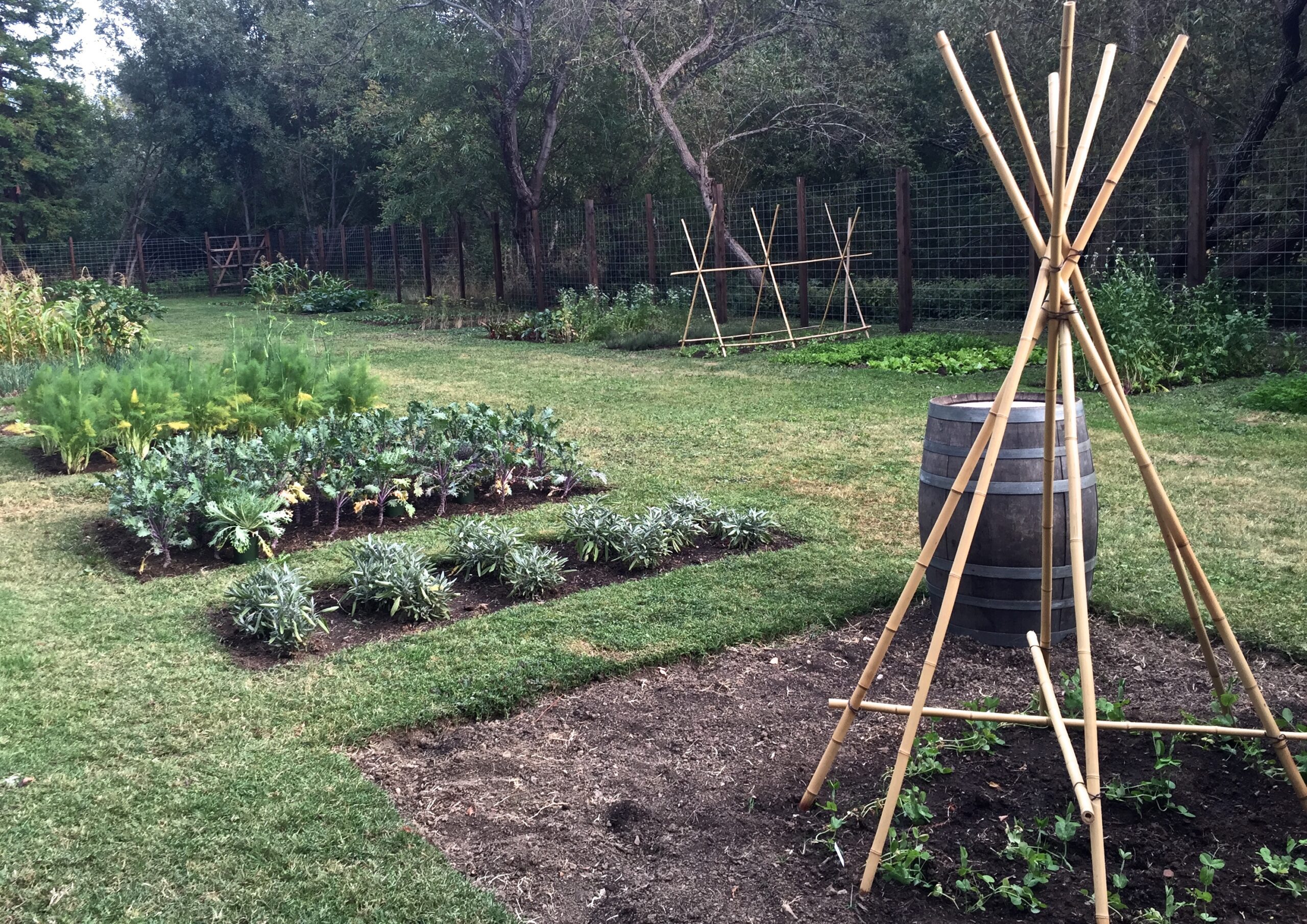

Know your food: Eat fresh, locally, and in season whenever you can. Farmer’s markets and community-supported agriculture co-ops are a great and cost-effective way to do this. Locally-produced food doesn’t require as much fuel to transport, and as an added bonus it tastes better! Since it was picked a day or two ago and didn’t have to go on a week-long journey to make it to your table.
When you do go to the supermarket, buy foods with minimal packaging. Don’t forget to bring your own reusable bags — many stores are starting to offer shoppers a discount when they do this.
If you have the space for it, start a garden and grow your own food. Methods like square-foot gardening yield surprisingly large harvests with relatively little time and effort.
Get involved: Join the groups in your area — like your local chapter of Audubon or the Sierra Club — that are doing good work, and volunteer your time toward their efforts.
Set an example for kids: If you’re a parent, grandparent, aunt, uncle, teacher, or mentor to kids, lead by example and make sure the young ones around you get a healthy dose of the outdoors. Whether it’s helping in the garden, investigating bugs in the back yard, or watching squirrels at a local park, outdoor activities help kids appreciate the natural world around them. Spending time outside also helps kids realize that we’re all connected to nature. We hope that leads them to see the bigger picture — that ultimately the fate of the places we live is in their hands — and make the right decisions.


Joel says, “It is folly to think that we can destroy one species and ecosystem after another and not affect humanity. When we save species, we’re actually saving ourselves.”


